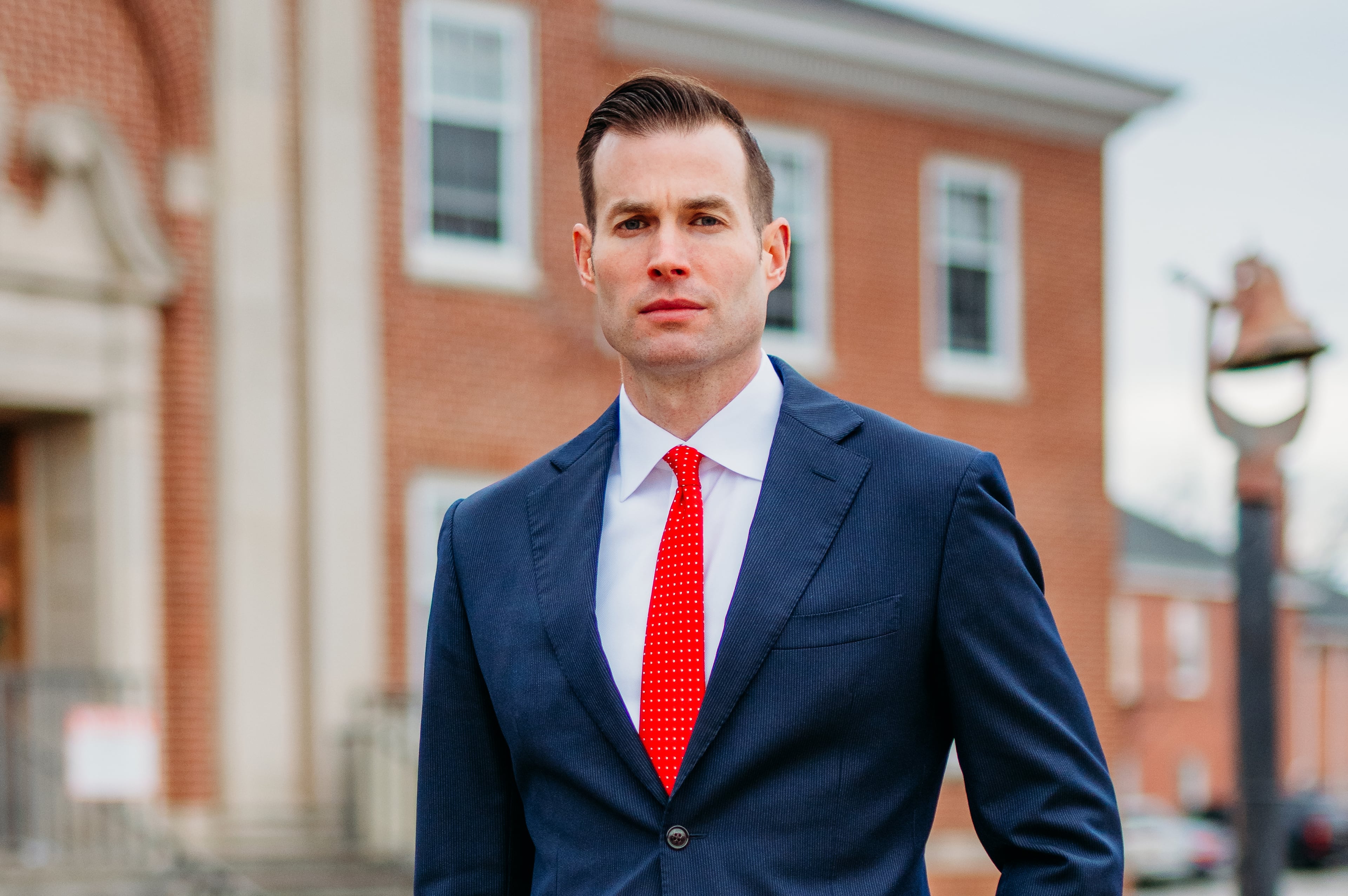Opposition forms to Perdue restructuring plan
Opponents to Gov. Sonny Perdue's plan to turn four statewide elected offices into gubernatorial appointments have coalesced around the loss of a voice in choosing their leaders.
Democrats, some Republicans and conservative grass-roots organizations reacted with surprise and dismay Friday to Perdue's announcement that he wants the state's labor, agriculture and insurance commissioners, as well as the state school superintendent, to be appointed positions rather than elected constitutional offices.
Perdue's plan was first reported in Friday's Atlanta Journal-Constitution.
"I believe that the people of Georgia should be able to decide directly who leads their state, and in such a crucial area as public k-12 education, I am not convinced that less democracy is better," said state Schools Superintendent Kathy Cox, a Republican seeking re-election this year.
Under the proposal, which will be introduced first in the Senate by Sen. Bill Heath (R-Bremen), voters would decide this November whether those four positions should be appointed by future governors, beginning after the 2014 election. Those four positions were chosen, Perdue said in a release Friday, because Georgia is in a distinct minority of states in having them elected.
"This proposal will result in better government for Georgians," Perdue said. "It will ensure that agency heads are focused on good policy, and not bogged down with the politics of running for re-election."
Only five states elect labor commissioners, nine states elect agriculture commissioners, 12 allow voters to choose an insurance commissioner and 14 elect school superintendents.
The governor's office estimates that those four agencies have at least 6,000 employees and budgets of more than $7.5 billion. It's unclear how that would change under Perdue's plan, but the governor and his legislative backers believe there would be savings and that government would be more streamlined and efficient.
Perdue has the support of the House and Senate majority leaders, which will be important as it will take a two-thirds vote of each chamber to get the measure on the ballot in November.
But others find reasons for concerns if not outright opposition.
Rep. Calvin Smyre (D-Columbus), the House Democratic Caucus chairman, said, "I don't believe it's a step in the right direction."
"It's not something we should jump at because we are taking it out of the hands of the people," Smyre said.
Smyre said he'd have to see evidence that it would improve efficiency and save money before he could support it.
Rep. Alan Powell (D-Hartwell) says it's an easy decision to oppose it.
"I personally think that's an erosion of representative government," Powell said. "Do you want one person dictating everything? The governor does not need more power in this state. We need more legislative oversight."
The General Assembly, however, would still have oversight, supporters of the plan said. The Senate would have to confirm any appointment, and lawmakers would still control the agencies' budgets.
Two Republican-leaning grass-roots organizations, Georgia FreedomWorks and Georgia Tea Party Patriots, reacted strongly Friday to the proposal, each saying it would oppose the plan.
"The thought of centralizing more power into the hands of the governor scares me," said Debbie Dooley, state grass-roots coordinator of FreedomWorks. "Right now, those elected officials answer to the citizens who elected them. They should not answer to the governor."
Julianne Thompson, state coordinator of the Tea Party Patriots, said they support streamlining government, "but with all due respect, giving the governor more power is not the way to do it."
But the governor and his supporters argue that if someone appointed to one of these jobs makes a mess of things, voters can -- and should -- take it out on the governor at the ballot box.
"If the voters don't like the decision of that person, every four years they have the opportunity to make that change," said House Majority Leader Jerry Keen (R-St. Simons Island). "Whoever the governor is, Republican or Democrat, will have the ability to put their own people, move through with their agenda, and if the voters don't like it, they can remove that governor in four years."
Plus, voters would get to decide this November whether it's a good idea. That's as direct a voice as voters can typically get, said Senate Majority Leader Chip Rogers (R-Woodstock).
"A vast majority of states have these offices as part of the executive Cabinet," Rogers said. "Clearly, there would be a cost savings and efficiency improvement if this were the case in Georgia. However, it is the citizens' right to determine this for themselves, and that is why I support this measure being placed on the ballot."
The governor's proposal excludes the secretary of state, which would continue to be elected. Perdue spokesman Bert Brantley said they considered adding that office to the list but ultimately decided to leave it as it is.
"There is probably some validity to having the person who is over elections to be independently elected and not appointed," Brantley said. The secretary of state is the state's chief elections officer. "The vast majority of states elect lieutenant governor and the attorney general and the secretary of state."
Still, Brantley said this proposal is a "beginning point. This is a place to start the discussion, and we'll see where the Legislature goes. We'll work with them as they go through."


